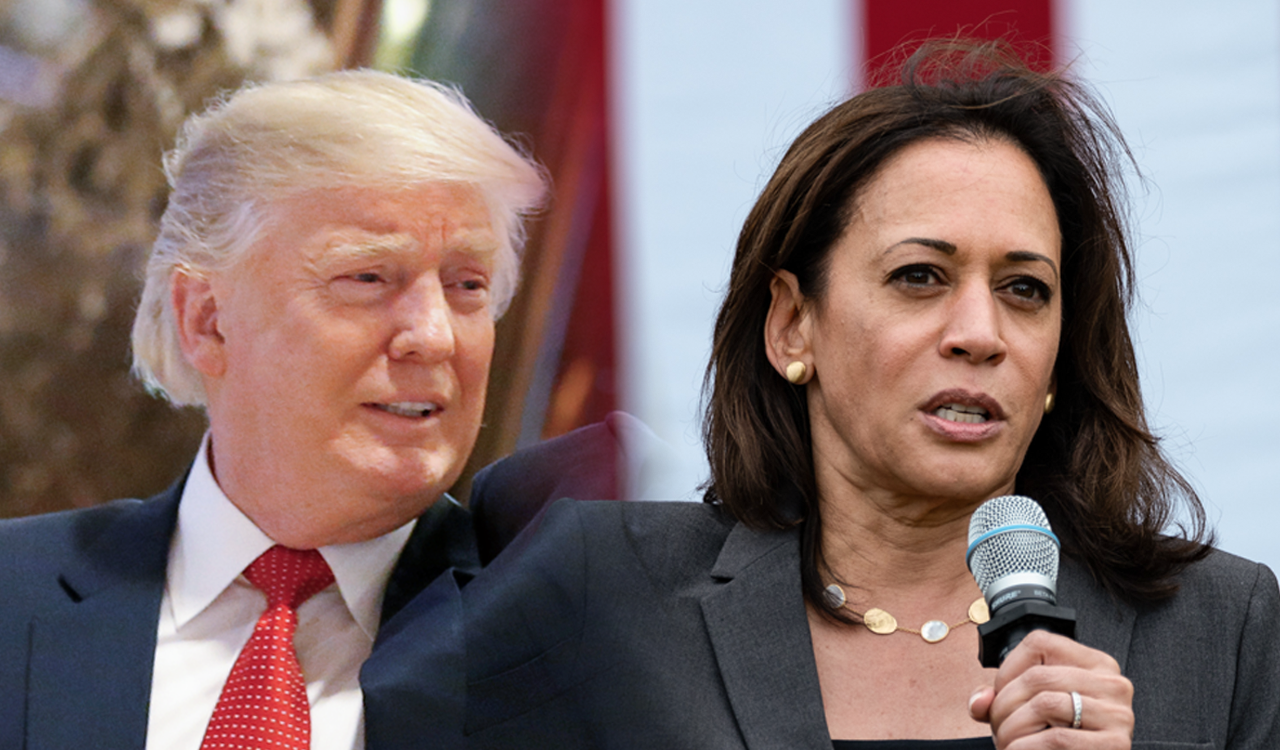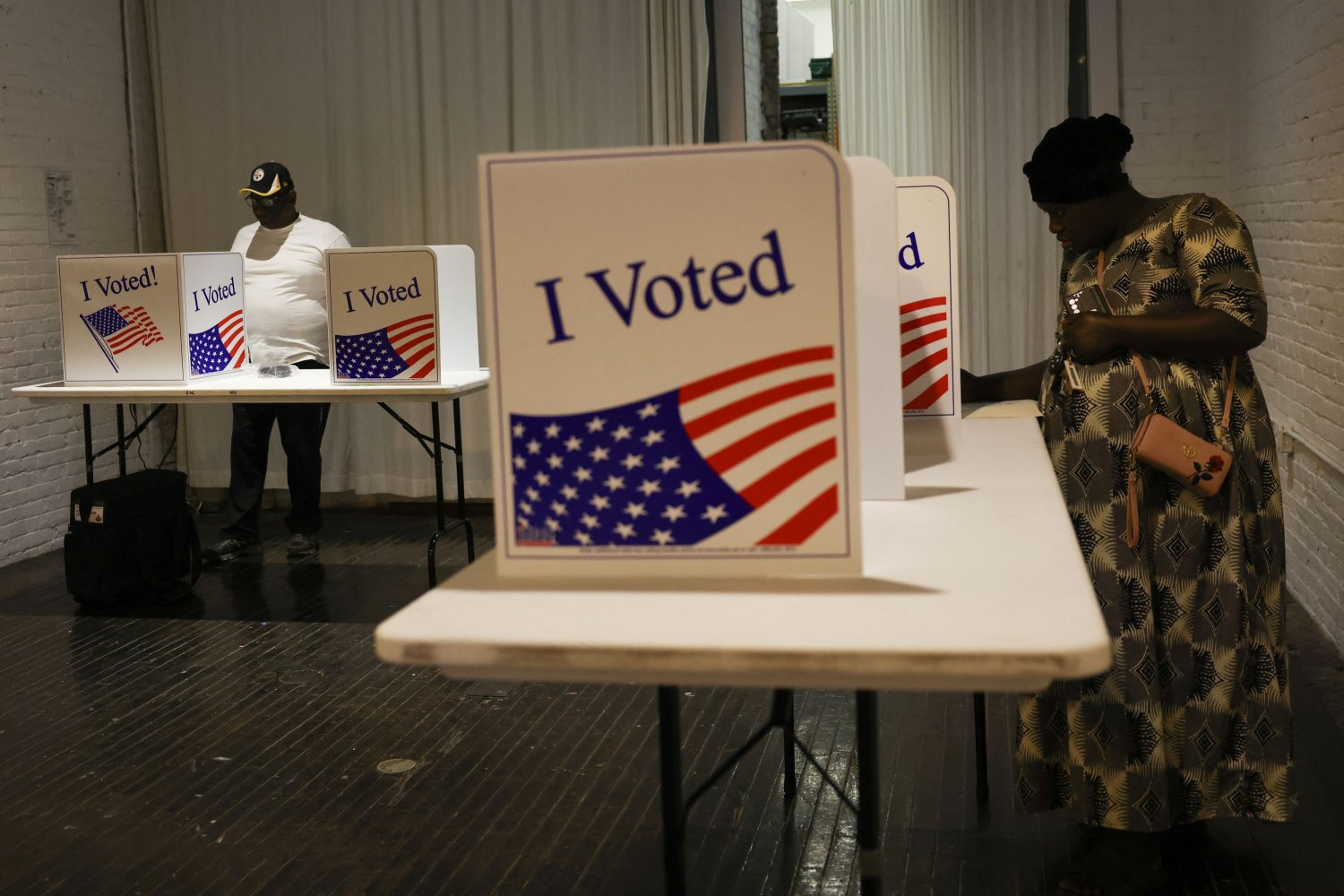The stakes for the American and global economy are high from the presidential elections held on Tuesday, November 5 in the country. Analysts of banks and houses believe that the changes in policies will potentially be bigger and more in the event of a victory of Donald Trump, than if Kamala Harris prevails.
With uncertainty remaining high and the gap between the two candidates looking narrow, the Economic Post today presents the likely effects on growth and inflation of specific policies each candidate would implement if they win, based on research by Finland-based bank Nordea .
Regardless of which candidate wins, unless new measures are passed by Congress, fiscal policy is expected to tighten in both 2025 and 2026, the major financial institution estimated in its report. This is attributed to the fact that a large portion of Trump’s previous tax cuts have been scheduled to be completed based on these same estimates.
Trump intends to extend such tax breaks or make cuts, especially in corporate taxes, while Harris will also likely seek to continue much of those cuts, as noted.
Although the two candidates have very different fiscal programs, “fiscal policy is unlikely to become a major driver of economic growth in the coming years. Neither candidate plans to drastically reduce the deficit, and the deficit’s already high starting point would likely limit Congress’ willingness to support large-scale fiscal measures, even if a party other than the White House controlled both parts” of this Congress – the Senate and House of Representatives, Nordea analysts believe. In any case, the high deficits that are likely to continue are the key bell ringing by the bank in its analysis.
Balance in Congress is key
If Republicans prevailed with a larger majority, Trump would likely be able to push through some additional tax cuts, but they are expected to be much smaller than the tax cuts he enacted during his first term.
If the Democrats were to prevail, Harris would likely be able to raise taxes and increase public spending, but those measures would at least partially offset each other in terms of fiscal boost and economic impact. In a divided Congress, Harris would struggle to implement any significant part of her agenda, he concluded.
Even in the case of a divided Congress, however, with one party controlling the Senate and the other the House of Representatives, Trump could make more changes to the economy. Nordea does not see in this report that Trump has fully implemented the higher tariffs and stricter immigration policies he has promised.
“However, given the still-strong state of the US economy and a tight labor market, higher tariffs and tighter immigration restrictions would risk reigniting inflation and wage pressures, while also altering the course of the Federal Reserve’s interest rate cuts ( FED). We believe such measures would have a negative impact on US growth, but the inflationary impact may still dominate,” believes Nordea.
How can balances be formed?
In addition to the presidential result, the results of the congressional elections are also very important. The House of Representatives is likely to be controlled by the same party as the White House, but the Senate is a different matter.
Only one-third of Senate seats can change every other year. Based on which seats are up for grabs this time and which party is the favorite to win in those states, Republicans are the clear favorite to take full control of the bodies, Bank believes.
“As a result, if Donald Trump wins the presidency the Republicans are likely to sweep, meaning control both the White House and Congress. However, if Kamala Harris wins, she will likely face a divided Congress.
#Elections #Big #Challenges #Economy #Big #Issue


